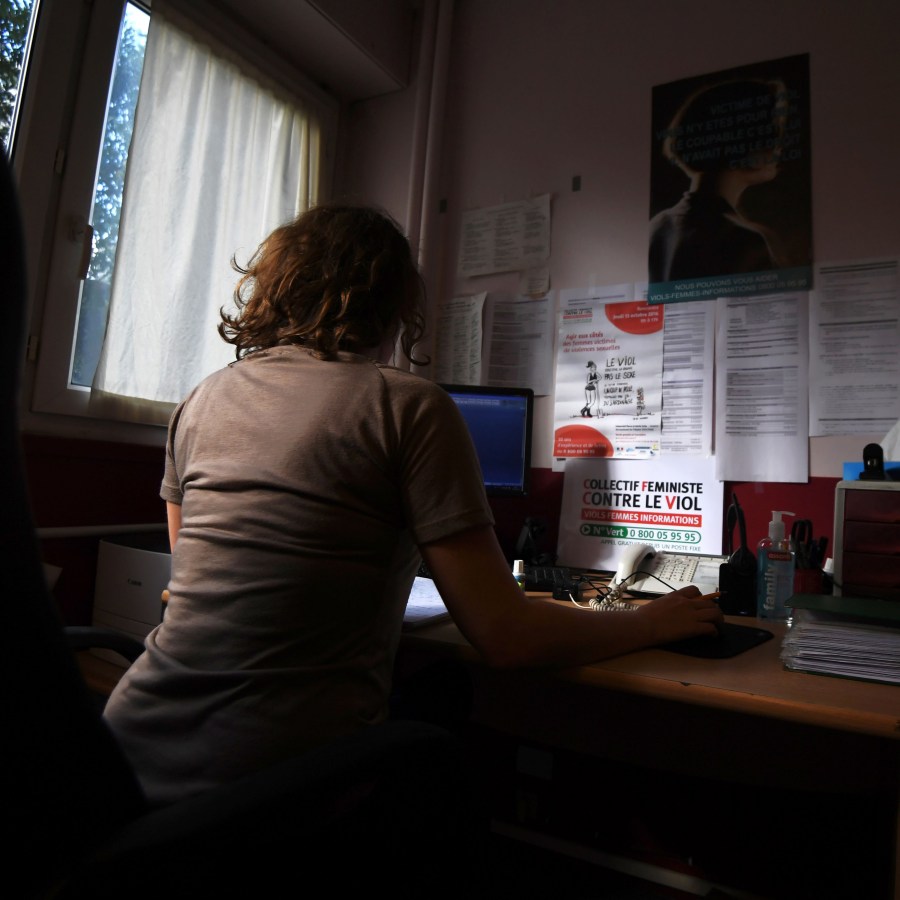The economy isn’t working for women who work

Between the 1970s and 1990s, women entered the workforce in droves.
Then female workforce participation peaked in 2000. What happened? And why are women’s wages still stagnant? This week, we’re continuing our series on the economics of inequality with a look at gender.
And we should be clear about this — it’s not just a problem for women. Inequity in the workplace ultimately holds everyone back. And in that way, inequality of all kinds keeps us from being better positioned to tackle all kinds of threats, from poverty to climate change. It’s a big deal, and it’s a little Dark Place. It’s why we’re doing this series.
This week, Emily Bazelon is helping us sort through the large and small challenges facing women at work. She’s a writer for The New York Times Magazine, in part covering family issues like this, and a lecturer at Yale Law School. You can also hear her on the Slate “Political Gabfest” podcast.
Later in the show, we’ll hear your feedback on last week’s episode about deepfakes, and our departing producer Shara Morris answers the Make Me Smart question.
Here’s a link to The New York Times story about women in the workplace we mentioned in the show, and our previous economics of inequality episodes about the racial wealth gap and CEO pay.
None of us is as smart as all of us.
No matter how bananapants your day is, “Make Me Smart” is here to help you through it all— 5 days a week.
It’s never just a one-way conversation. Your questions, reactions, and donations are a vital part of the show. And we’re grateful for every single one.












